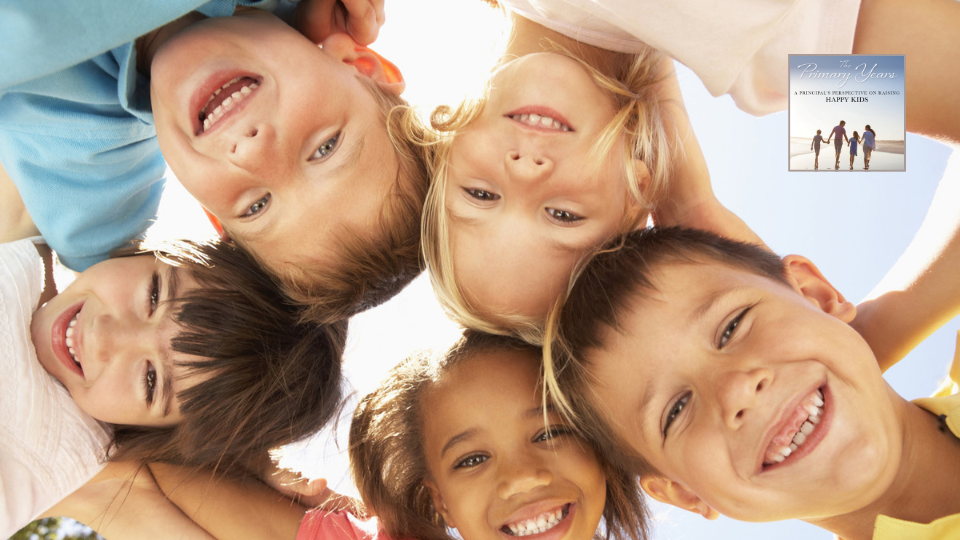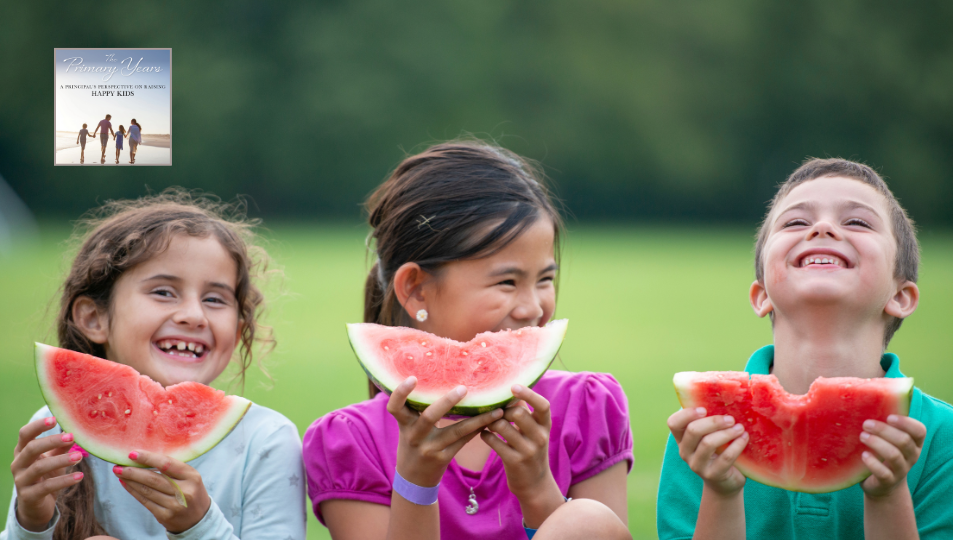
How to Help Your Child Keep Friends: Simple Tips for Parents
Friendships are a big part of growing up. They help kids feel happy, supported, and confident. But keeping friends takes effort, and it’s not always easy. With a little guidance from you, your child can learn how to build lasting friendships and navigate social ups and downs.

Understanding Your Child’s Weekly Challenges at School And How You Can Help
As a parent, understanding what your child faces at school can help you provide meaningful support at home. Here’s a guide to some common challenges children encounter and simple actionable ways to help them thrive.

How to Support Your Child’s Mental Health Through School Without Over Complicating It
Supporting your child’s well-being doesn’t have to mean long lectures or expensive therapies. Gail Smith shares simple yet effective ways that you can apply to make a real difference in supporting your child's mental health.

Encourage a Wide Net of Friends: Why It Matters.
Friendships are key to a child’s happiness, but relying on just one best friend can lead to heartbreak. Gail Smith highlights why encouraging kids to embrace new friendships is so important.

Helping Your Child Navigate Friendships and Challenges
Navigating friendships, forming them, losing them, and finding new ones is a natural part of childhood and essential for social and emotional growth. Here are five impactful ways parents can guide their children in fostering strong, healthy friendships and overcoming the challenges that come with them.

Finishing the school year well
As the school year draws to a close, it’s the perfect opportunity for parents to reflect on how to wrap up the year meaningfully and start planning for the holidays and the exciting possibilities beyond. Gail Smith shares her ideas on how to approach this thoughtfully and effectively.

School is a magical place and children learn through many and varied mystical ways
Discover the magic of school beyond academics and schedules. It's a realm of enchantment, surprising lessons, and delightful moments. Explore with Gail Smith how to engage with your child's school experiences, encourage their passions, and embrace the wonder of everyday learning.

Building stronger relationships with your child
Explore these simple suggestions with Gail Smith to enhance the task of building better relationships with your child. The Primary Years.

Christmas Home Decorations - Rituals And Happy Memories
The home environment takes on a special magic for your child. Here are some thoughts about how your efforts in decorating for Christmas can have long-term value and memory-making moments for your children.

Why formal education is so important
From time to time people come up with the argument that formal school does not have value and that education at home could be adequate. Here are 8 reasons why formal education is essential for children.

Teach your child to have a go and to be a risk taker
I know it’s hard if there are risks, but, teach your child to have a go and to be a risk-taker. Read on for some advantages of this.

A happy child makes us all feel the joy of youth.
Read on for 5 basic needs to help your child feel content.

Be excited for your child as they attend school each day
A school’s environment will have much to offer your child. This blog discusses the positive benefits you can expect from the school.

Simple suggestions to help build empathy and kindness in your child
Read the blog to find out how to build empathy and compassion in your child.

Navigating the Emotional Roller coaster: Supporting Parents with Children at School
For some children, school can be challenging on many different levels. This blog aims to provide emotional support and practical strategies for parents to navigate the ups and downs of their children's school lives.

Nine Proactive Strategies for Fostering Mental Health in Children
Here are nine ways to foster and sustain your child’s mental health and well-being.

Friendships are important in your child’s life
Friendships are essential for a child’s development and social skills. Here are some things to consider when your children are creating friendships.

Help your child to accept and enjoy their differences
Children's uniqueness is a crucial part of who they are as individuals. Read some parenting tips to consider on how to embrace and positively encourage diversity.

How to understand how friendship works with your child
A child often learns the hard way what really defines a friend and it is our job as parents to gently ease them through this process. It is not our role to choose friends for them or to simply approve of the ones we like. Remember it is their exploratory journey to find out what best kind of friendship works for them. Read here for some different ways to help them navigate friendships.

Differences in families
‘It is not our differences that divide us. It is our inability to recognise, accept and celebrate those differences.’ -Audre Lorde
There is much to be learnt when a child starts school. Their emotional and social growth is all the richer for embracing the wonderfully rich tapestry of different families across the years.